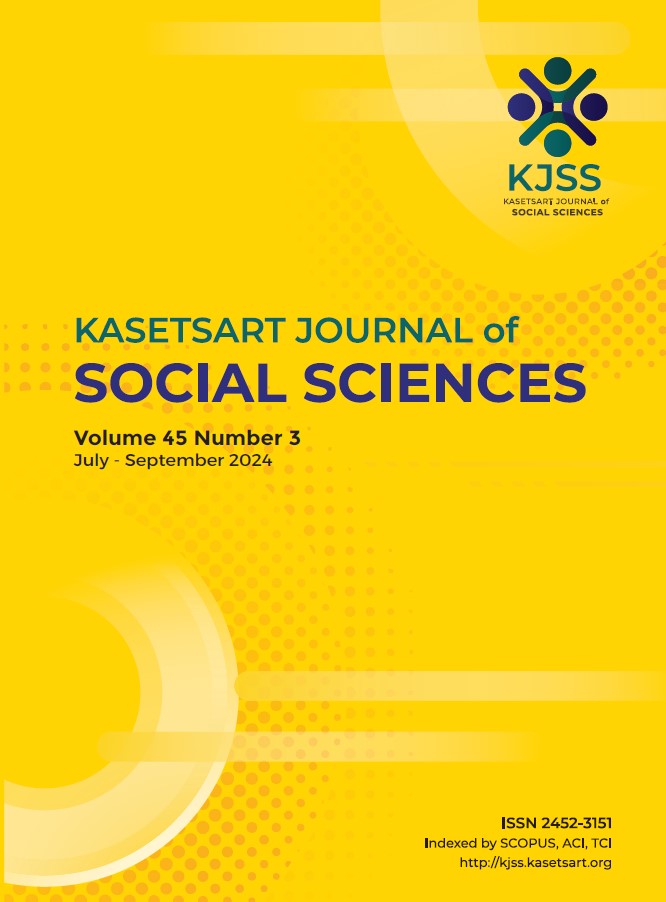The urgency of redesigning instructional materials in the field of Indonesian language and literature in support of the Freedom Learning-Freedom Campus (FLFC) policy
Keywords:
cumulative and/or integrative, depth and breadth, discourse, FLFC policy, instructional materialsAbstract
To contribute to the OECD’s call for education and the UN’s SDGs on the importance of education to provide life skills, universities in various countries, as well as ASEAN countries, are designing programs accordingly. Indonesian universities have designed various programs to implement the Ministry of Education and Culture’s FLFC policy. For students to be able to participate in these programs, the instructional materials (IMs) in the study program, which is the spearhead of the university, should have depth and breadth and be cumulative and/or integrative. Thus far, these characteristics have not been seen in the curriculum of the Indonesian Literature Study Program in universities in Indonesia. This study is aimed at finding answers to this problem. Research findings show that the presence of lacks in lack of depth and breadth and cumulativeness and integratedness of the materials is caused by the fact that the IMs are constructed based on philology, linguistics, and literature in compilative ways. To construct depth and breadth and cumulative and integrative materials and help students to become the subjects of freedom learning, the object of the study is directed to focus on discourse. Using this as a basis, a body of knowledge (BoK) and instructional material design that supports FLFC policies are designed to be recommended to management personnel of Indonesian Literature Study Programs in universities in Indonesia to be used as consideration in curriculum development.
Downloads
Published
How to Cite
Issue
Section
License
Copyright (c) 2024 Kasetsart UniversityThis is an open access article under the CC BY-NC-ND license http://creativecommons.org/licenses/by-nc-nd/4.0/










